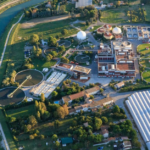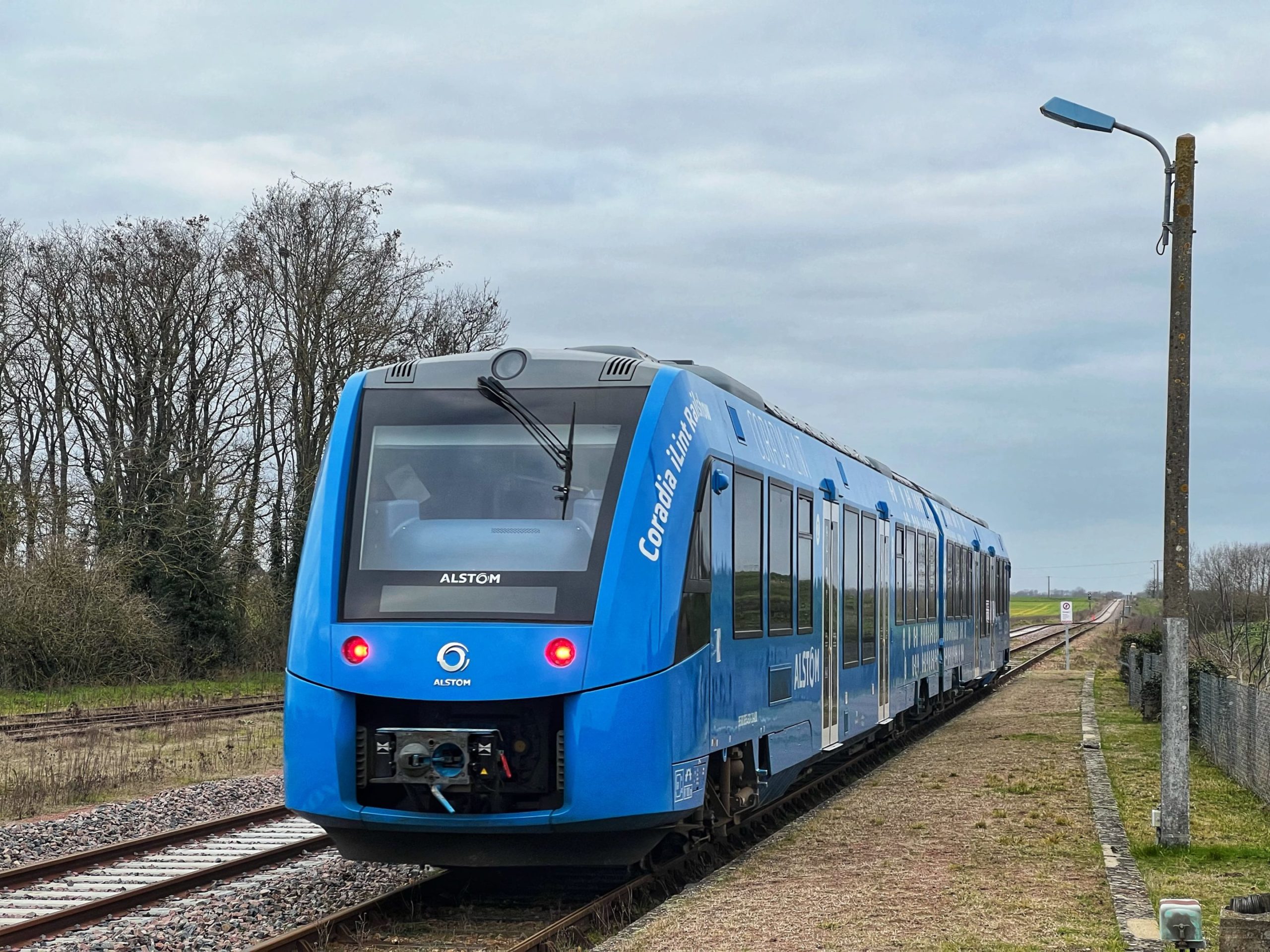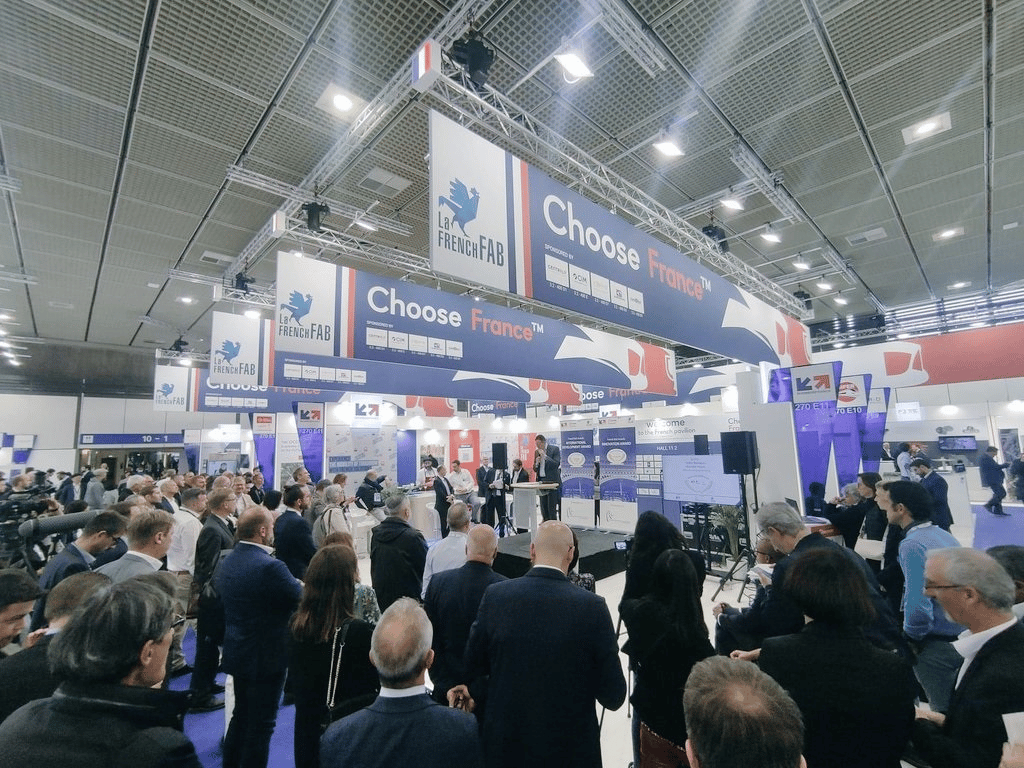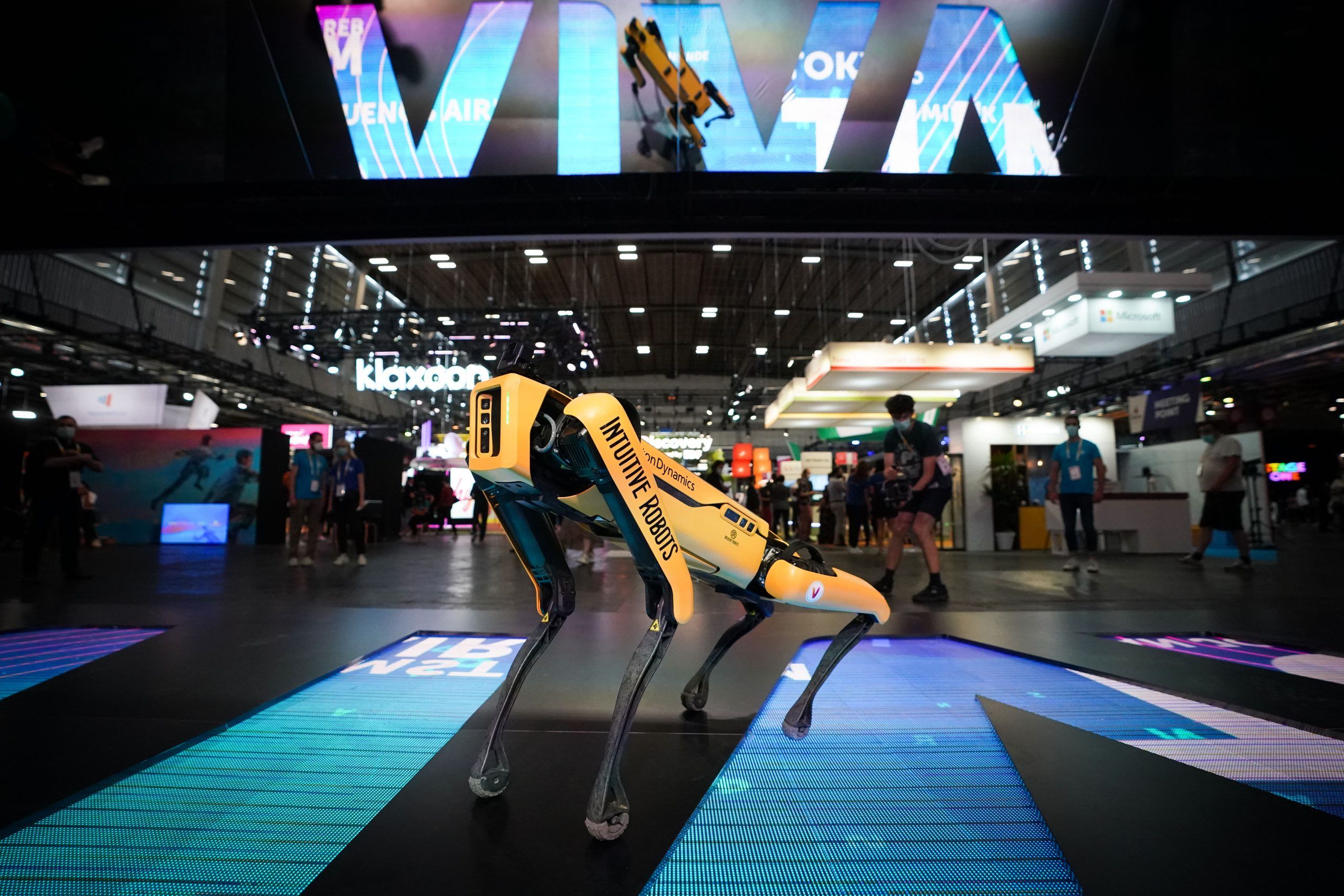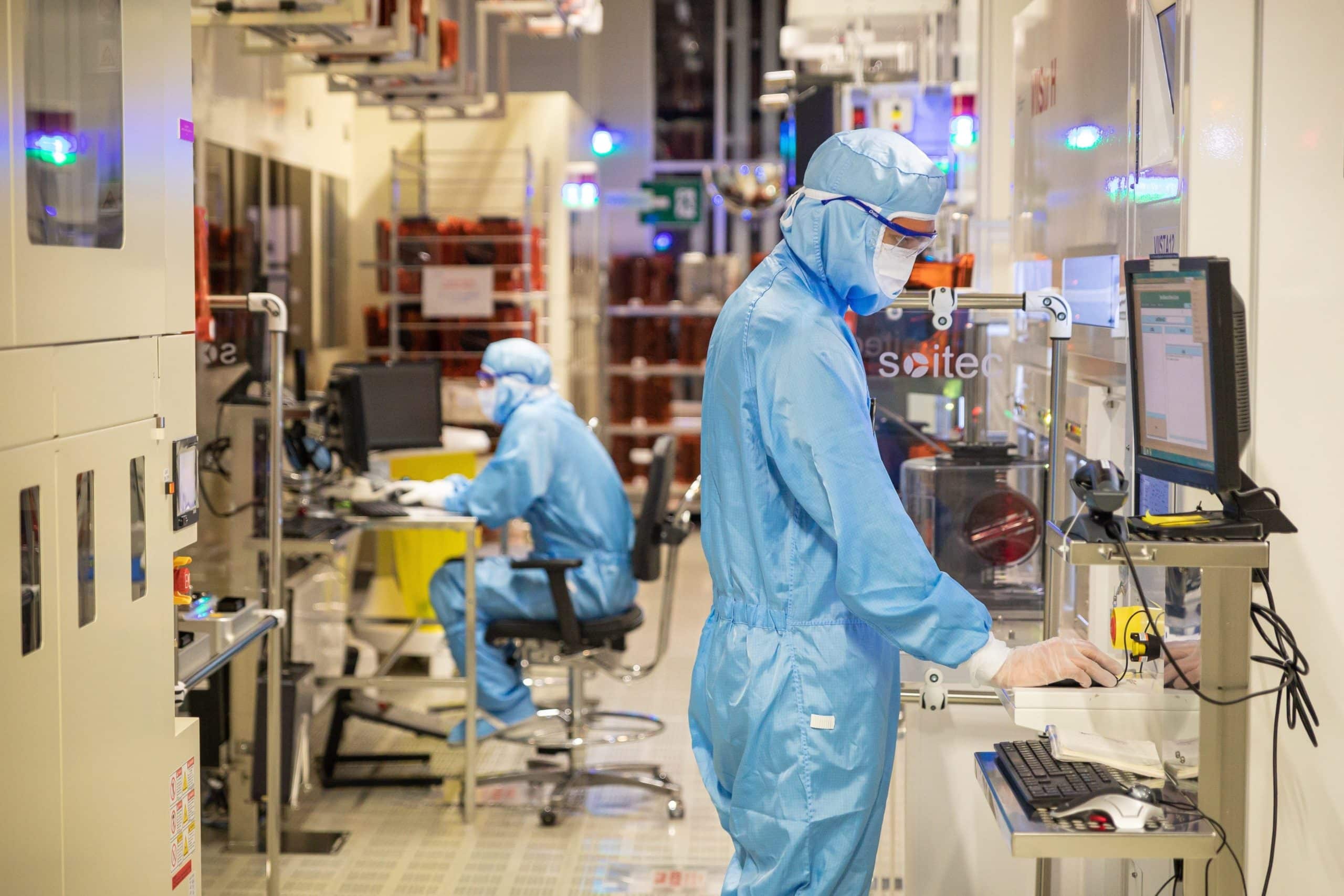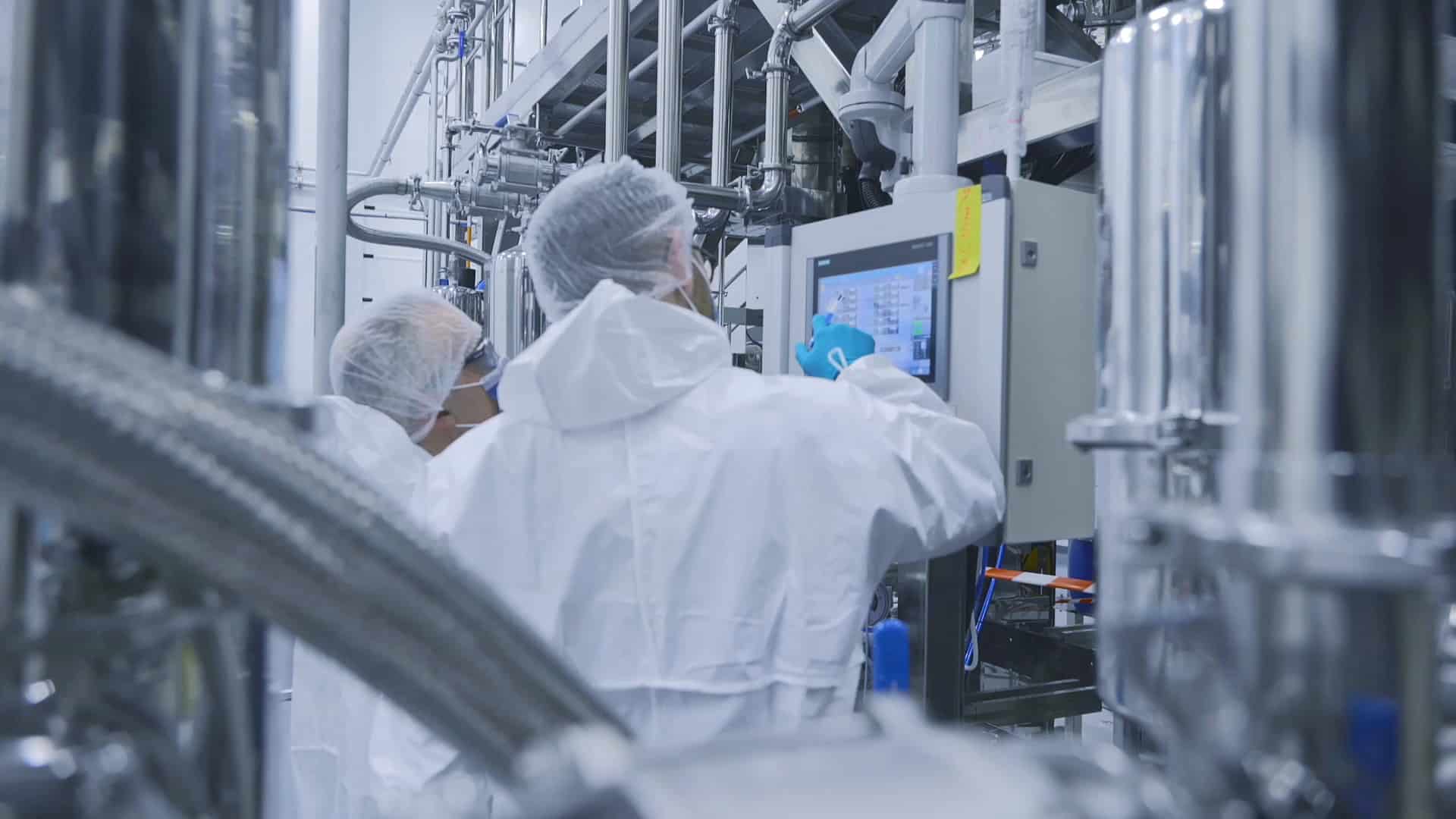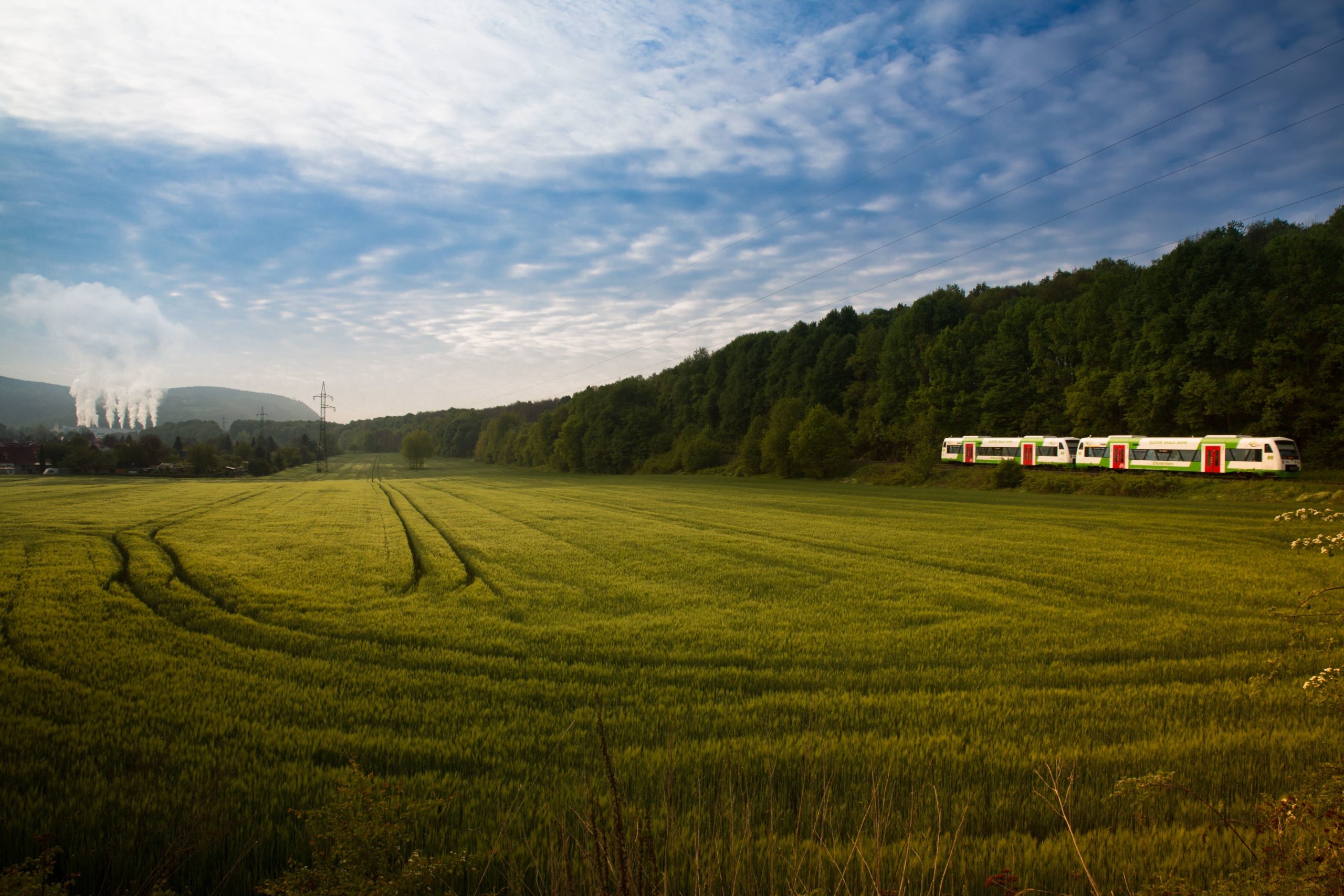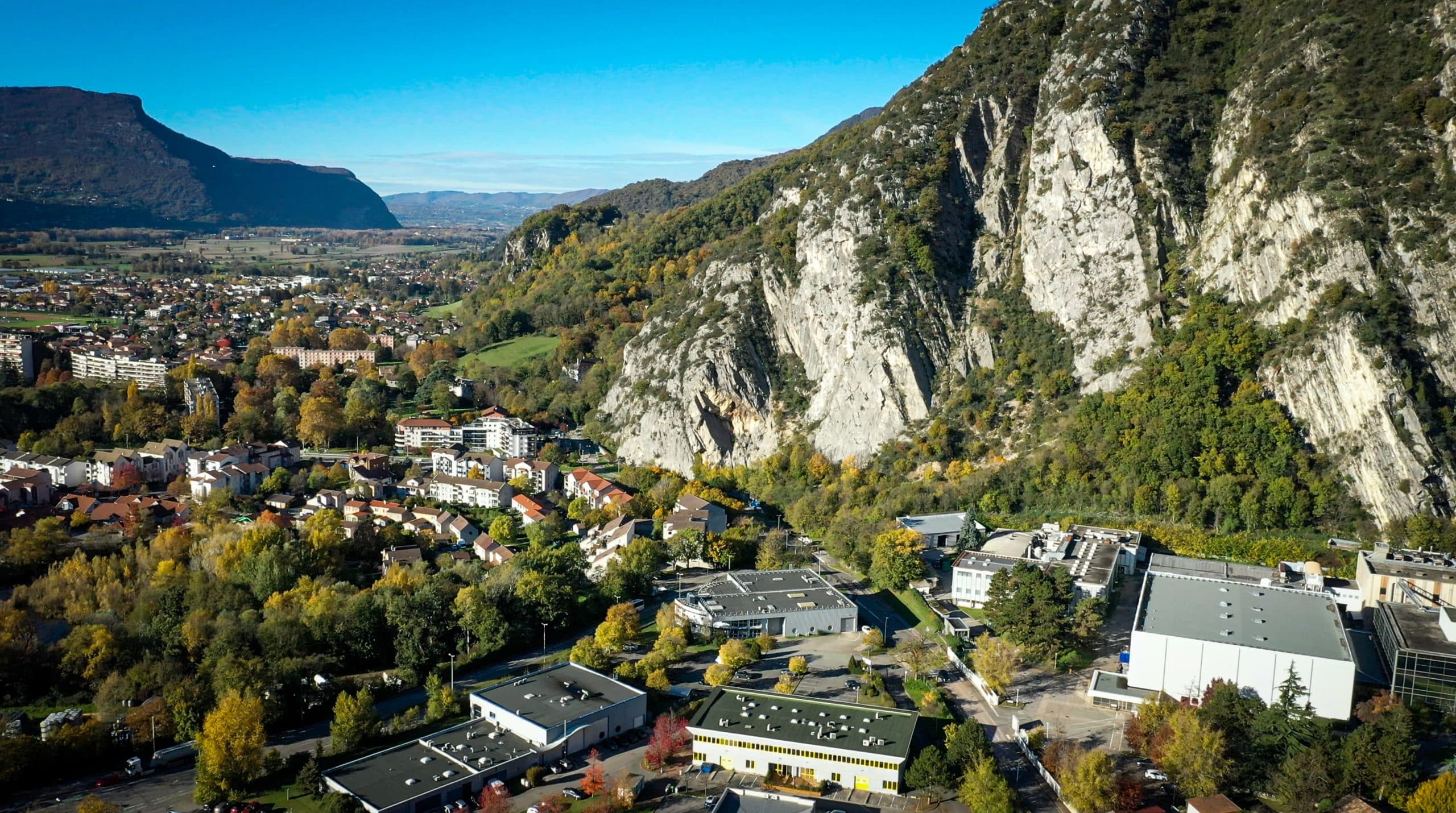
Thanks to its young, educated and productive workforce, La French Fab is well positioned to win tomorrow’s decisive battle: the struggle for talent.
With the highest fertility rate in Europe (1.87 children per woman), France, as opposed to its neighbours, has an available pool of new generations ready to take up the torch of industrial development. This young dynamic workforce benefits from an efficient educational system, with unique skills in science and engineering, and a strong expertise in technical craft.
The French system of “Grandes Ecoles” dates back to the 18th century. The creation of Arts et Métiers Institute of Technology (1780) and École Polytechnique (1794), France’s first two engineer schools, was soon enriched by a network of decentralized institutions, each specialized in different areas: physics, chemistry, fluid mechanics, etc. Their mission was to train elite engineers at the cutting edge of French industrial development, such as civil engineer and captain of industry Gustave Eiffel, a graduate from Ecole Centrale Paris, who built the Eiffel Tower and part of the Statue of Liberty. Later on, other engineer schools, specialized by industrial sector, such as ESTACA (1925) in transports, were founded to reinforce France’s industrial strengths.
Excellence also lies in research: nowadays French CEA (energy), CNRS (science) and INSERM (medicine) are among the world’s top ten institutes for innovation. The works of Pierre Gilles de Gennes (Ecole Normale Superieure) and Georges Charpak (Ecole des Mines), Nobel Prizes laureates in Physics in 1991 and 1992 respectively, have tangible industrial applications, not least in healthcare. French know-how also stands out in areas such as chemistry, plastic processing, waste management and mobility.
Rise of apprenticeship
This excellence ripples at all levels of industry, from R&D and product design to operational and maintenance processes carried out by qualified technicians and workers. France has a rich tradition in craftsmanship, embodied by organizations such as Compagnons du Devoir, which dates back to the Middle Ages, ensuring technical education of young people through a “tour de France”, apprenticeships and Master’s degrees. Today, the Compagnons du Devoir train 10 000 apprentices every year, 90% of whom find employment. The Ecole Boulle, a college of fine arts and applied arts in Paris excels in wood turning, bronze sculpting, engraving, furniture and industrial design. All these skills contribute to nurture La French Fab’s creativity and development.
Since the beginning of the century, French manufacturing productivity gains are above the euro zone average. Worldwide, the French workforce ranks 9th for its productivity per hour. The current rise of apprenticeship, supported by strong political action, is intended to tighten the bonds between students and future employers. In the same spirit, the VTE, a new scheme designed to help industrial SMEs attract young talents, has been launched in partnership with Grandes Ecoles and universities (EM Lyon business school, ENSAM, UTBM…). La France Fab keeps on investing in its most precious asset: talent!









